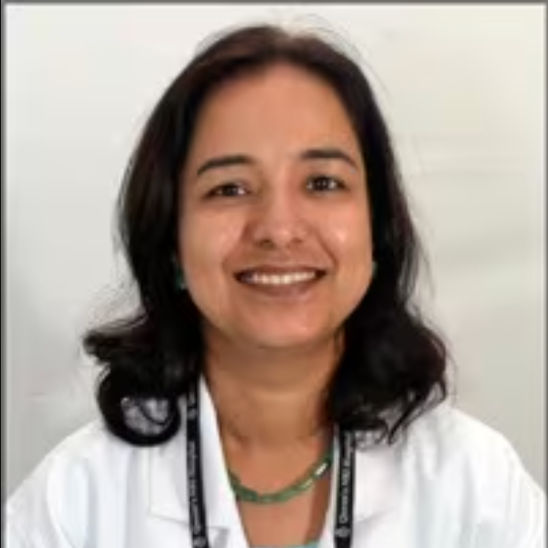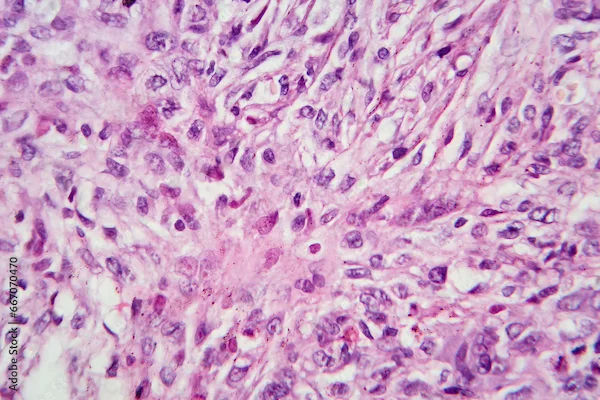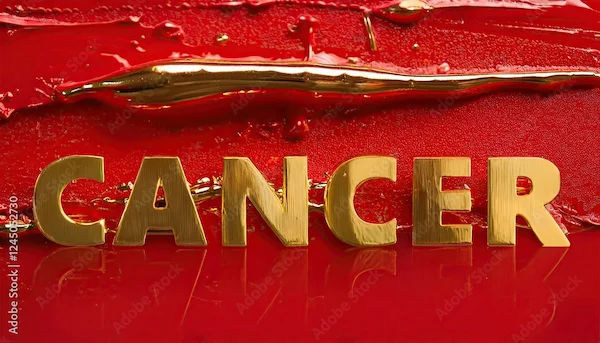Strategies for Cancer Survivors' Life After Treatment
Know about the strategy for cancer survivors, it includes physical recovery, maintenance, social support and lifestyle adjustments and more.


Introduction
Surviving cancer is a tremendous achievement, but the journey doesn’t end with the last treatment. Life after cancer brings new challenges like physical, emotional, and practical. Many survivors experience mixed feelings: relief, anxiety, hope, and uncertainty.
With the right strategies, you can regain strength, improve your quality of life, and embrace a healthier future.
This article offers guidance to help cancer survivors navigate post-treatment life with confidence and optimism.
Consult Top Specialists for Personalised Tips
Physical Recovery and Health Maintenance
1. Follow-Up Care is Crucial
Follow the below list as follow up:
Even after treatment ends, regular follow-ups with your doctor are essential. These visits help monitor your recovery, detect any signs of recurrence early, and manage long-term side effects.
Schedule regular check-ups as advised by your oncologist.
Keep track of symptoms—report any unusual changes (fatigue, pain, weight loss) immediately.
Stay updated with screenings (like mammograms, colonoscopies) to prevent other health issues.
2. Managing Long-Term Side Effects
Cancer treatments can leave lasting effects, such as fatigue, neuropathy (nerve damage), or hormonal changes.
Exercise regularly—gentle activities like walking, yoga, or swimming improve energy and strength.
Eat a balanced diet—focus on whole foods (fruits, vegetables, lean proteins) to boost immunity.
Stay hydrated—helps with digestion and energy levels.
Get enough sleep—aim for 7-9 hours to aid recovery.
3. Avoiding Infections
Some treatments weaken the immune system. Protect yourself by:
Washing hands frequently.
Avoiding crowded places if immunity is low.
Staying up-to-date with vaccinations (ask your doctor first).
2. Emotional and Mental Well-Being
Dealing with Anxiety and Fear
It’s normal to worry about cancer returning. These strategies can help:
Talk to a counselor or therapist—professional support eases emotional stress.
Join a support group—connecting with other survivors reduces feelings of isolation.
Practice mindfulness—meditation, deep breathing, or journaling can calm the mind.
Overcoming "Survivor’s Guilt"
Some survivors feel guilty for living while others didn’t. Remember:
Your survival is not luck—it’s the result of your strength and medical care.
Honor lost loved ones by living fully and helping others.
Rebuilding Confidence
Cancer can change how you see yourself. To regain confidence:
Celebrate small victories (like completing a walk or cooking a meal).
Engage in hobbies you love.
Consider appearance-boosting options (wigs, prosthetics, skincare) if needed.
3. Lifestyle Adjustments for a Healthier Future
Nutrition for Recovery
A healthy diet supports healing and reduces cancer recurrence risks.
Eat more plant-based foods—vegetables, fruits, whole grains, nuts.
Limit processed foods—reduce sugar, red meat, and fried items.
Stay at a healthy weight—obesity increases cancer risks.
Exercise for Strength and Mood
Physical activity:
Reduces fatigue.
Lowers depression and anxiety.
Strengthens bones and muscles weakened by treatment.
Start slow—even 10-minute walks help—and gradually increase intensity.
Quit Smoking and Limit Alcohol
Smoking increases cancer recurrence risks. Seek help to quit if needed.
Alcohol should be consumed in moderation (or avoided, depending on cancer type).
4. Social and Practical Support
1. Communicate with Loved Ones
Family and friends may not always understand what you’re going through.
Be open about your needs—tell them how they can help (e.g., cooking, rides to appointments).
Set boundaries—it’s okay to say no to overwhelming social events.
2. Returning to Work
If you’re going back to work:
Start part-time if needed—ease into your routine.
Talk to HR about accommodations (flexible hours, remote work).
Be patient with yourself—it may take time to regain full productivity.
3. Financial and Legal Considerations
The financial and legal considerations include:
Review insurance policies—check coverage for follow-up care.
Explore disability benefits if returning to work is difficult.
Update legal documents (wills, medical directives).
5. When to Seek Help?
Contact your doctor if you experience:
Unexplained weight loss or pain.
Persistent fatigue that doesn’t improve.
Severe depression or anxiety affecting daily life.
Final Thoughts
Life after cancer is a new chapter—one where you can focus on healing, strength, and joy. While challenges may arise, small steps toward better health make a big difference. Surround yourself with support, listen to your body, and celebrate every milestone.
Consult Top Specialists
Consult Top Specialists for Personalised Tips

Dr. Rupam Manna
Radiation Specialist Oncologist
4 Years • MBBS MD(RADIO THERAPY)
Barasat
Diab-Eat-Ease, Barasat

Dr Gowshikk Rajkumar
Oncologist
10 Years • MBBS, DMRT, DNB in Radiation oncology
Bengaluru
Apollo Clinic, JP nagar, Bengaluru

Dr Devashish Tripathi
Radiation Specialist Oncologist
20 Years • MBBS, PLAB, MRCP (UK)- General Medicine, FRCR (Oncology), Certificate of Completion of Training (CCT)- Clinical Oncology
Delhi
Apollo Hospitals Indraprastha, Delhi

Dr. Gopal Kumar
Head, Neck and Thyroid Cancer Surgeon
15 Years • MBBS, MS , FARHNS ( Seoul, South Korea ), FGOLF ( MSKCC, New York )
Delhi
Apollo Hospitals Indraprastha, Delhi
(25+ Patients)

Dr Sunita Samleti
Oncologist
18 Years • M.D. (Pathology)- TN Medical College, Mumbai University, Mumbai, Mar 2005 M.B.B.S. Grant Medical College, Mumbai University, Mumbai, Oct 1999
Chinagadila
Apollo Hospitals Health City Unit, Chinagadila
Consult Top Specialists

Dr. Rupam Manna
Radiation Specialist Oncologist
4 Years • MBBS MD(RADIO THERAPY)
Barasat
Diab-Eat-Ease, Barasat

Dr Gowshikk Rajkumar
Oncologist
10 Years • MBBS, DMRT, DNB in Radiation oncology
Bengaluru
Apollo Clinic, JP nagar, Bengaluru

Dr Devashish Tripathi
Radiation Specialist Oncologist
20 Years • MBBS, PLAB, MRCP (UK)- General Medicine, FRCR (Oncology), Certificate of Completion of Training (CCT)- Clinical Oncology
Delhi
Apollo Hospitals Indraprastha, Delhi

Dr. Gopal Kumar
Head, Neck and Thyroid Cancer Surgeon
15 Years • MBBS, MS , FARHNS ( Seoul, South Korea ), FGOLF ( MSKCC, New York )
Delhi
Apollo Hospitals Indraprastha, Delhi
(25+ Patients)

Dr Sunita Samleti
Oncologist
18 Years • M.D. (Pathology)- TN Medical College, Mumbai University, Mumbai, Mar 2005 M.B.B.S. Grant Medical College, Mumbai University, Mumbai, Oct 1999
Chinagadila
Apollo Hospitals Health City Unit, Chinagadila



